Rhinoplasty in Baltimore





















Your nose is one of the most defining features of your face, shaping not only your overall appearance but also how your expressions are perceived. When it feels out of balance with the rest of your features, it can draw attention in ways you may not want. Rhinoplasty offers a highly personalized solution, enhancing facial harmony while preserving the individuality that makes you unique.
Dr. Michele Shermak brings a thoughtful and artistic approach to her Baltimore rhinoplasty procedure, utilizing advanced surgical techniques to achieve results that appear natural and refined. Whether you're concerned about a prominent hump, a drooping or bulbous tip, asymmetry, or breathing issues, every procedure is carefully tailored to your facial anatomy and personal goals. If you're considering rhinoplasty, you're in the hands of an experienced surgeon—Dr. Shermak is one of Baltimore's most trusted plastic surgeons, known for her precision, integrity, and consistently elegant outcomes.
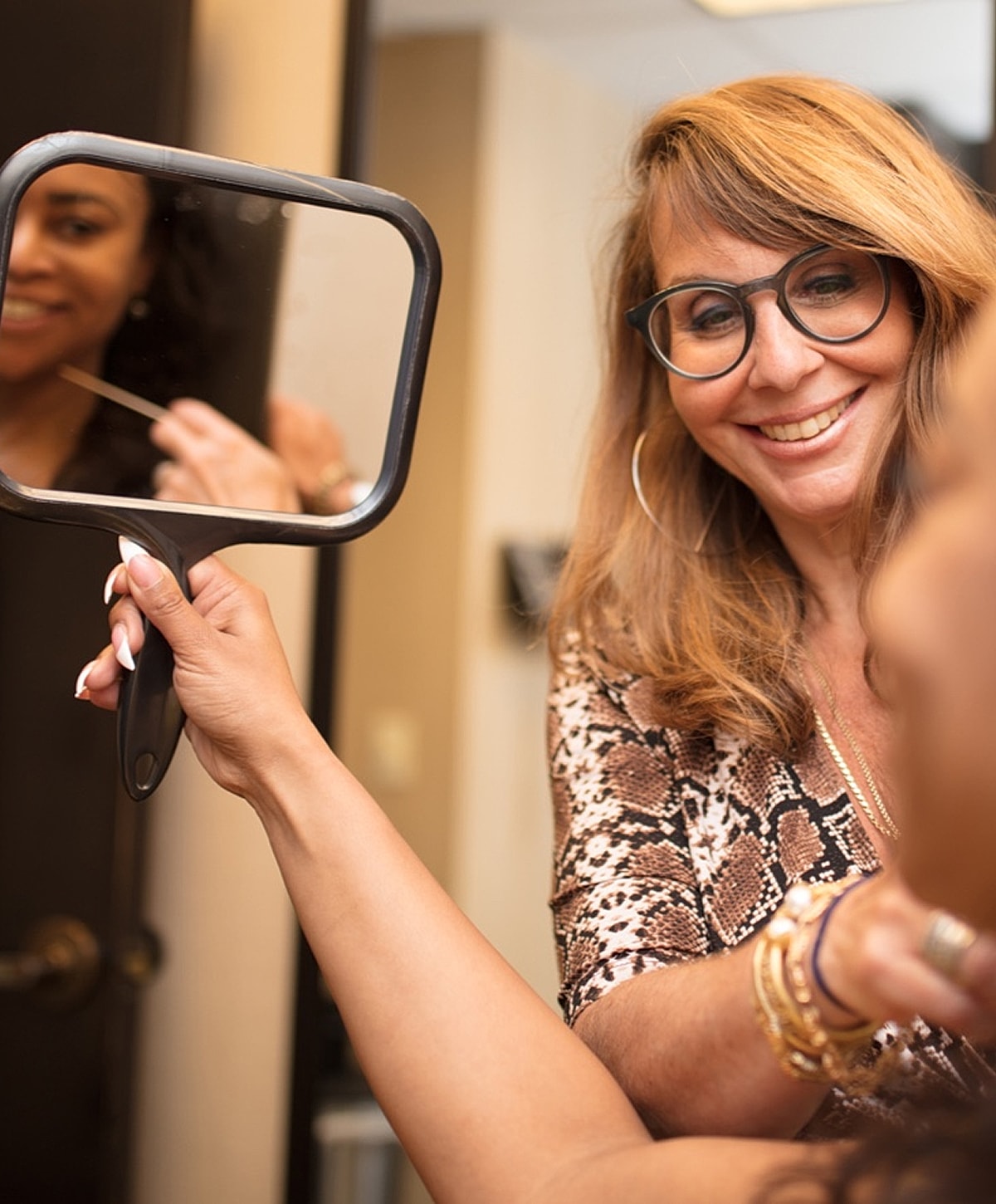
1 of 4
Every rhinoplasty performed by Dr. Shermak is tailored to the patient. There are many, many techniques, so selecting the right one is a big part of the consultation process. Dr. Shermak is knowledgeable in a variety of approaches and will choose the method that will achieve the most attractive and functional outcomes.
Dr. Shermak performs rhinoplasty in Baltimore under general anesthesia. Surgery is performed at our outpatient medical facility, and patients go home after surgery is done. Surgery typically takes 1-3 hours, depending on the extent of the rhinoplasty procedure performed. Dr. Shermak prefers the open versus the closed approach for her rhinoplasty procedures. In open rhinoplasty, a small incision is created on the columella (the bridge between the nostrils) that is inconspicuous when healed. This approach provides ultimate control and visibility.
Closed rhinoplasty involves incisions inside the nostrils, which provides more limited access to the internal tissues. Dr. Shermak believes the risks are too great to practice “blind maneuvers” and leave the result to chance. Without the benefit of full vision, you can inadvertently disrupt bone, cartilage, and soft tissue attachments. Being a procedure involving millimeters, control is essential to feel confident that everything humanly possible was accomplished.
Dr. Shermak is not only technically superb, she is a visionary as well. Every dimension and proportion is planned ahead of time. It is not the same surgery for every patient. Every alteration influences another structure, so a precise operative plan is essential.

Rhinoplasty, commonly known as a "nose job," is a surgical procedure designed to reshape the nose for cosmetic or functional reasons—or often, both. It can smooth out a dorsal hump, narrow the nasal bridge, refine the tip, straighten asymmetry, and adjust overall proportions to better fit your facial features. Rhinoplasty can also improve airflow by addressing structural issues such as a deviated septum.
At Dr. Michele Shermak Plastic Surgery, each rhinoplasty procedure is approached with detailed planning and personalized technique to ensure a result that aligns with your aesthetic goals and preserves your natural character. Whether you are seeking subtle refinement or significant correction, Dr. Shermak uses meticulous surgical planning to achieve a nose that looks harmonious, functions properly, and feels like your own.
Both men and women can benefit from rhinoplasty. However, men have different expectations than women when describing their perfect nose, so communication is important when developing the surgical plan. It is critical to maintain a masculine aesthetic while making the changes the patient desires. Usually, the changes are intentionally more modest in men—improving their appearance and function without feminizing the outcome takes a nuanced approach. Dr. Shermak is highly attuned to the differences between feminine and masculine features, tailoring each procedure to the patient’s unique needs and aesthetic vision.
There is a small patient population who are seeking very subtle changes and not convinced they want surgery. Using temporary fillers to reshape the nose—an approach sometimes referred to as “liquid rhinoplasty”—will simulate the changes they can expect with surgery to a certain degree. As the product slowly dissipates over perhaps a year, the patient can determine if a more permanent correction would make them happy. It’s a low-risk way to “try on” a result. However, the vast majority of rhinoplasty patients would not be candidates for this treatment, as it cannot provide the more significant reshaping achieved through surgery.
“Revision rhinoplasty” refers to a rhinoplasty procedure performed to correct unsatisfactory results from a previous nose surgery. Revision rhinoplasty can be a much more difficult operation for both the surgeon and patient. Essential tissue may have been destroyed, and restructuring may require grafts from other parts of the body. This underscores the benefit of getting it right the first time. When selecting a provider to perform your nose surgery, it is essential to choose a board-certified plastic surgeon with extensive rhinoplasty experience. If you are unhappy with the result of a previous rhinoplasty procedure, Dr. Shermak possesses the experience and technical skill needed to refine both the form and function of your nose.
Absolutely! Many people have a deviated septum, which can lead to a decrease in airflow through the nose. Sometimes people are born with this, while others suffer from secondary trauma. Septal deviation may be visible from the outside with asymmetry seen through the view up the nostrils, or it may be visualized only by looking inside the nose during an exam.
The septoplasty work will help provide some cartilage for other aspects that enhance the rhinoplasty procedure, providing contour, symmetry, and support across the top of the nose, in the nasal tip or in the columella. The septal work may also help reduce the cost of the cosmetic work when the surgeries are performed at the same time.

Rhinoplasty can correct a wide range of aesthetic and functional nasal concerns. These issues may be present from birth, the result of trauma, or related to structural irregularities that affect breathing. Dr. Shermak customizes each rhinoplasty to your individual anatomy and goals, helping to restore facial balance and nasal function.
With rhinoplasty Baltimore patients can improve:
This procedure is designed to be both corrective and harmonizing, enhancing your appearance while maintaining a natural look.

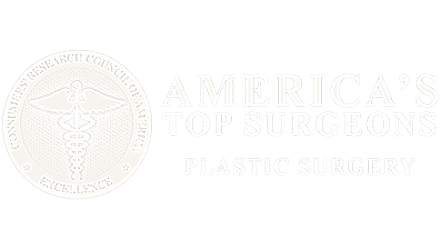
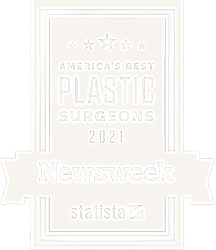




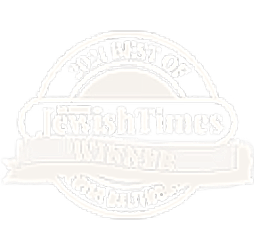
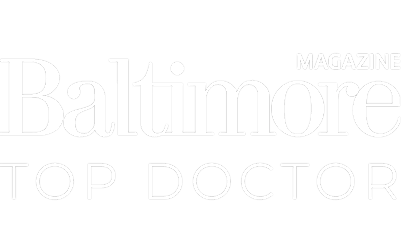









Dr. Shermak’s goal in rhinoplasty is to create a better balance between the nose and face. Some patients require only minor adjustments, while others seek more substantial changes.
Few people are born with a perfectly shaped nose that is optimally balanced with the rest of their facial features. Individuals may desire to smooth a hump, straighten a crooked shape, refine a full tip, thin the width, repair flaring nostrils, and correct breathing problems relating to a deviated septum or collapse.
Even if what we perceive as an abnormality is relatively small, it can weigh heavily on our self-confidence. If you do not like the way your nose fits your face, the lack of confidence in your appearance can take a heavy toll on your life. Rhinoplasty may be one of the most exacting and personally satisfying procedures that exist in cosmetic plastic surgery. Rhinoplasty incisions are hidden under or inside the nose. You can gain improved confidence with natural, customized results where your family and friends may not even notice that you had surgery. They will know you look great, but not be able to put their finger on why! This is the hallmark of a well-executed, natural approach to nasal shaping.
Rhinoplasty is performed on teenagers and adults who are unhappy with the appearance of their nose, who have suffered traumatic injury to their nose, or who have functional breathing problems. Dr. Shermak will review your history and presentation and discuss ways she can help. Dr. Shermak is an expert in assessing the ratios and proportions that constitute the ideal nose for each individual patient.
Dr. Shermak understands there is a significant relationship between how a nose looks and how it functions. A deviated or crooked nose will not be aesthetically pleasing, but may also indicate that the nasal airways are compromised. Correcting these problems can dramatically improve both the look and function of the nose.

Rhinoplasty surgery is performed on an outpatient basis. Tapes and a splint are placed across the back of the nose, and there may be packing or stents in the nostrils. You may experience temporary swelling, numbness, discomfort, and bruising that respond well to head elevation, ice packs, saline spray, and Arnica Montana herbal supplementation.
Most clients resume non-strenuous activities and return to work within a week. Depending on the type of rhinoplasty surgery performed, swelling may take anywhere from one month to a year to completely resolve. And while there may be swelling, cosmetic improvement will be visible from the moment the dressings are removed.
Rhinoplasty Recovery Tips
Prior to surgery, minimize blood-thinning medications (such as ibuprofen and vitamin E) and start taking oral Arnica 2 days prior to surgery to reduce postoperative swelling and bruising. A daily multivitamin can improve health and enhance healing.
Postoperatively, ice packs help reduce swelling and bruising. The best ice pack is frozen vegetables in a baggie. Nasal saline spray keeps the nostrils moist. Nasal congestion medications, such as Sudafed, also improve postoperative comfort.
Sleep with your head elevated above the level of your heart, propped up on pillows. A recliner may be a good initial place to sleep. Avoid wearing glasses with heavy frames for at least 2-3 weeks. Take a break from workouts for 2-3 weeks, as a rise in blood pressure will be uncomfortable.

You’ll notice an immediate difference once swelling subsides and the splint is removed—often within the first week. Fine-tuning continues over the next several months, with most patients achieving the final, polished appearance by 6–12 months post-operatively. With proper care, these timeless results typically last a lifetime, blending seamlessly into your natural profile without looking overdone.

With more than 27 years of focused experience in facial plastic surgery, Dr. Shermak is a board-certified innovator recognized for her meticulous approach and artistic vision.
She skillfully balances nasal aesthetics with structural integrity, ensuring a refined result that enhances your natural beauty and breathing function. Every one of our Baltimore rhinoplasty procedures is customized to your face, anatomy, and aspirations, guided by her expertise in both cosmetic artistry and rhinoplasty technique.

There are varied skill levels even among board-certified plastic surgeons. Not all are created equal, because not everyone gets the same type of training in rhinoplasty, nor do they have the same level of experience.
Rhinoplasty requires a comprehensive understanding of both nasal aesthetics and function. Interview the doctor carefully to be sure you are a good match in terms of aesthetic sensibilities and artistic vision.
We invite you to call Dr. Shermak’s plastic surgery office in Lutherville at (410) 616-3000 to schedule your personal consultation today.
Gentle surgical technique, ice, and avoidance of blood thinners are the best ways. Some patients may take Arnica Montana, Bromelain, pineapple extract, or other homeopathic remedies just prior to and after surgery, which may help.
The procedure as a whole is safe from a medical standpoint, provided the patient is deemed an optimal candidate by their primary care physician and plastic surgeon. Properly monitored anesthesia is important to safety as well.
Rhinoplasty incisions are small and typically placed on the columella (the strip of tissue between the nostrils), where they become virtually imperceptible once healing is complete.
Yes—if a deviated septum or collapsed nasal structure is present, septoplasty can be performed simultaneously to enhance both form and function.
Since no two noses are alike, prices reflect the complexity of the procedure to be performed. If there is a functional component to the procedure, such as nasal airway obstruction, that portion may be covered by insurance.
Dr. Shermak offers several trusted financing options to make your procedure more affordable. Here are the top choices:
During your consultation, our team will help you select the best option tailored to your goals and budget. Learn more about financing.